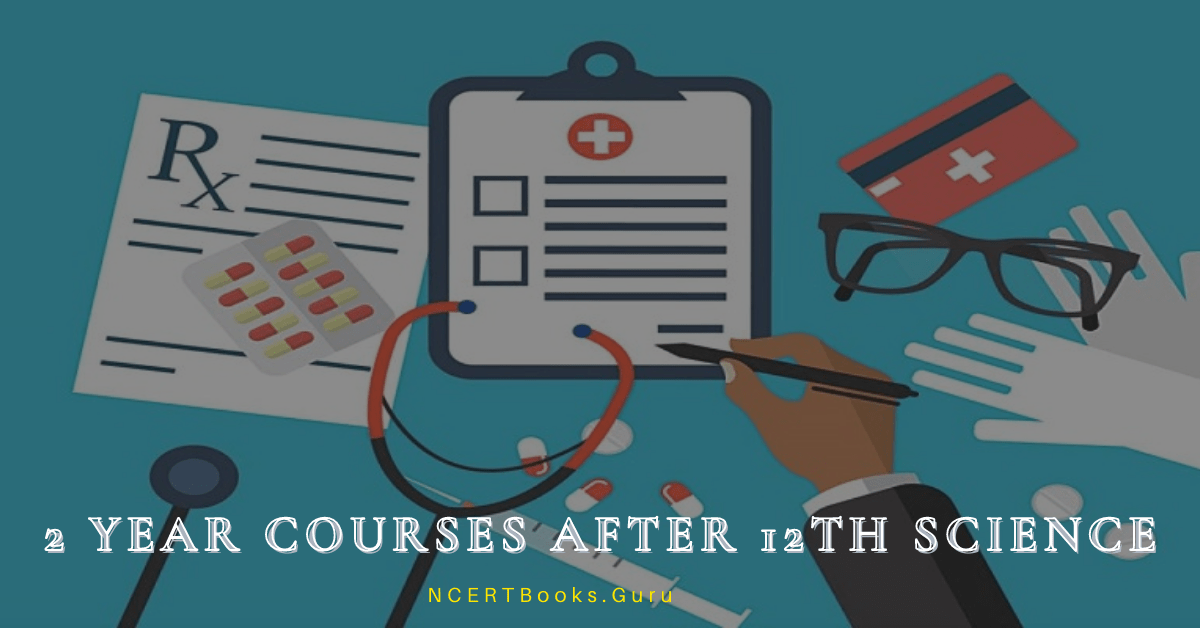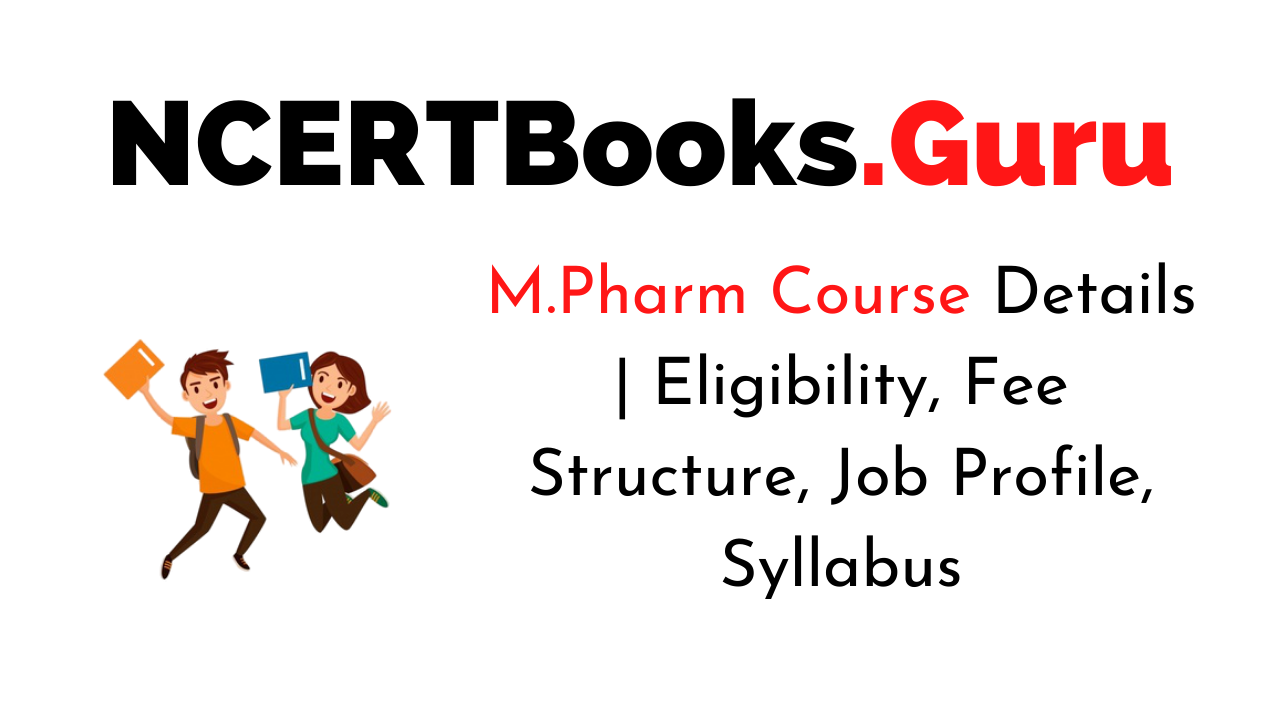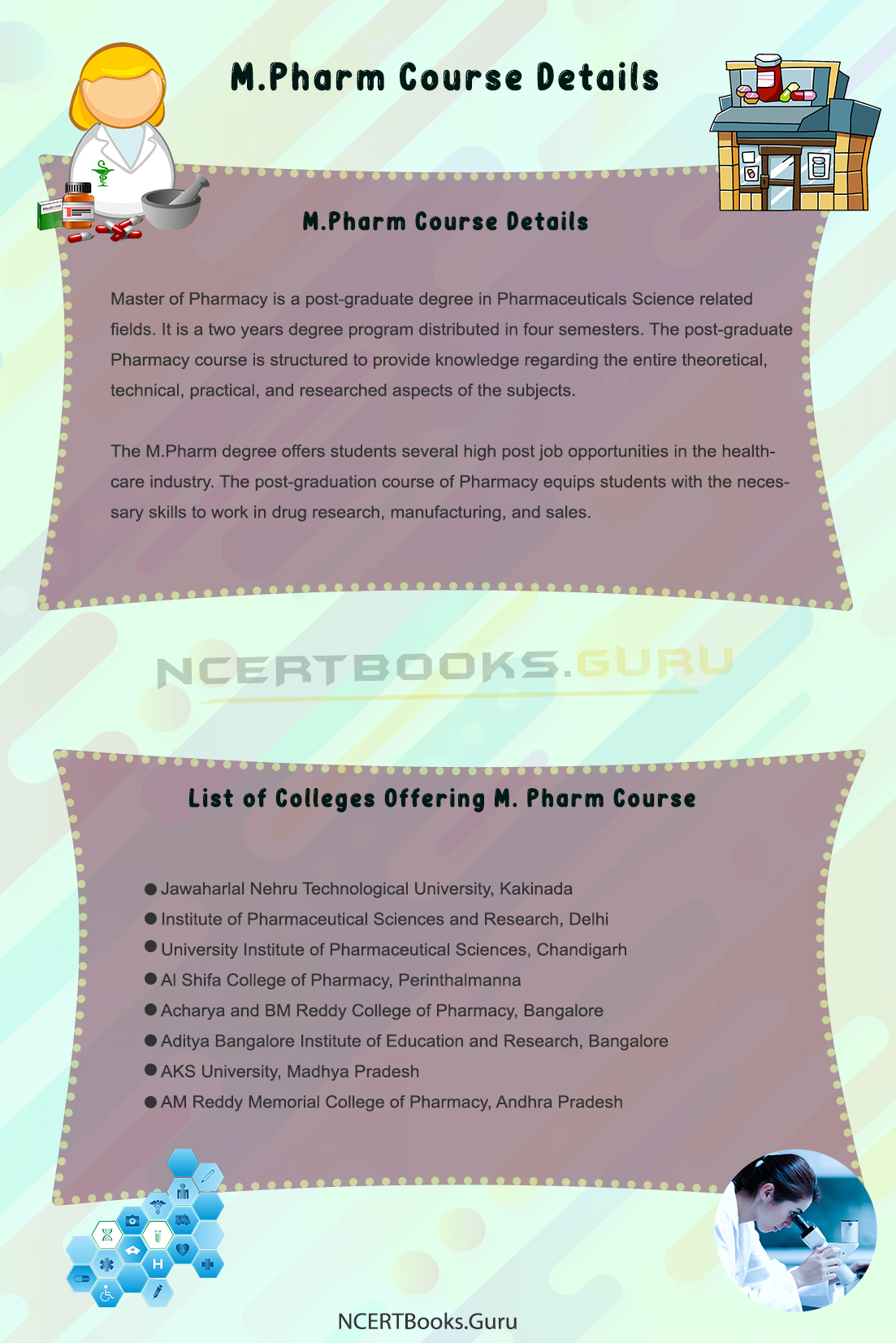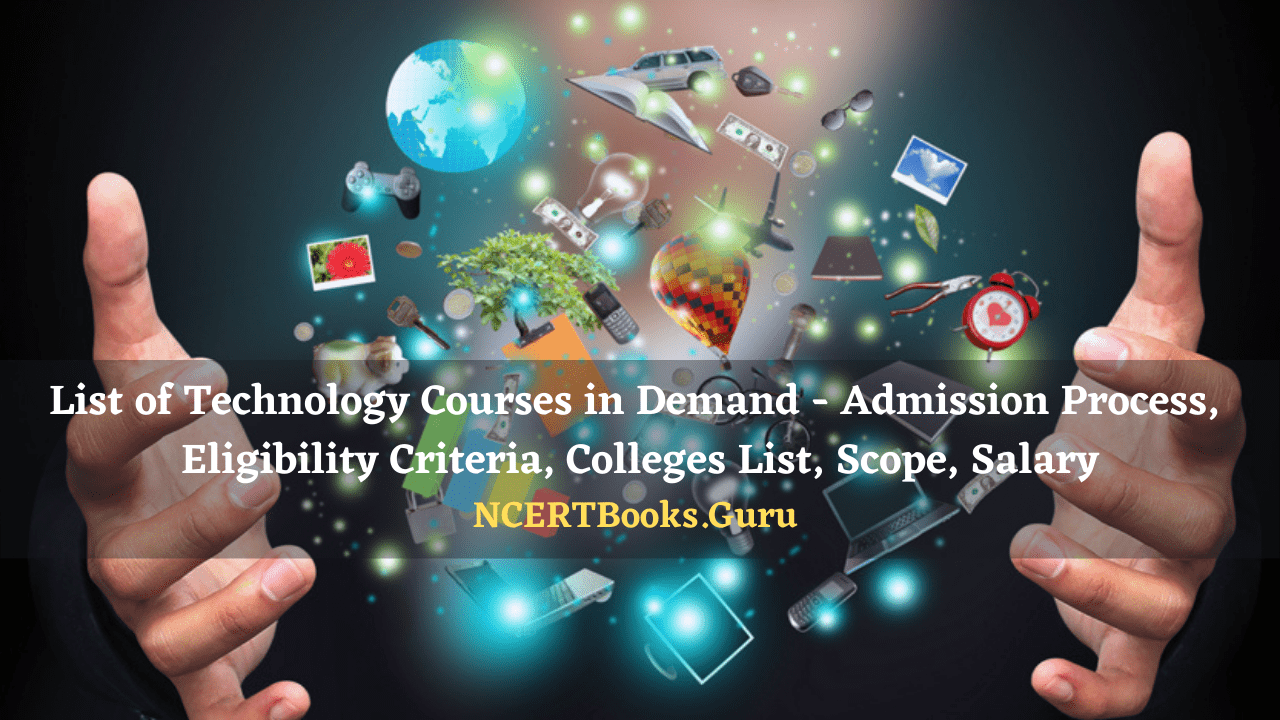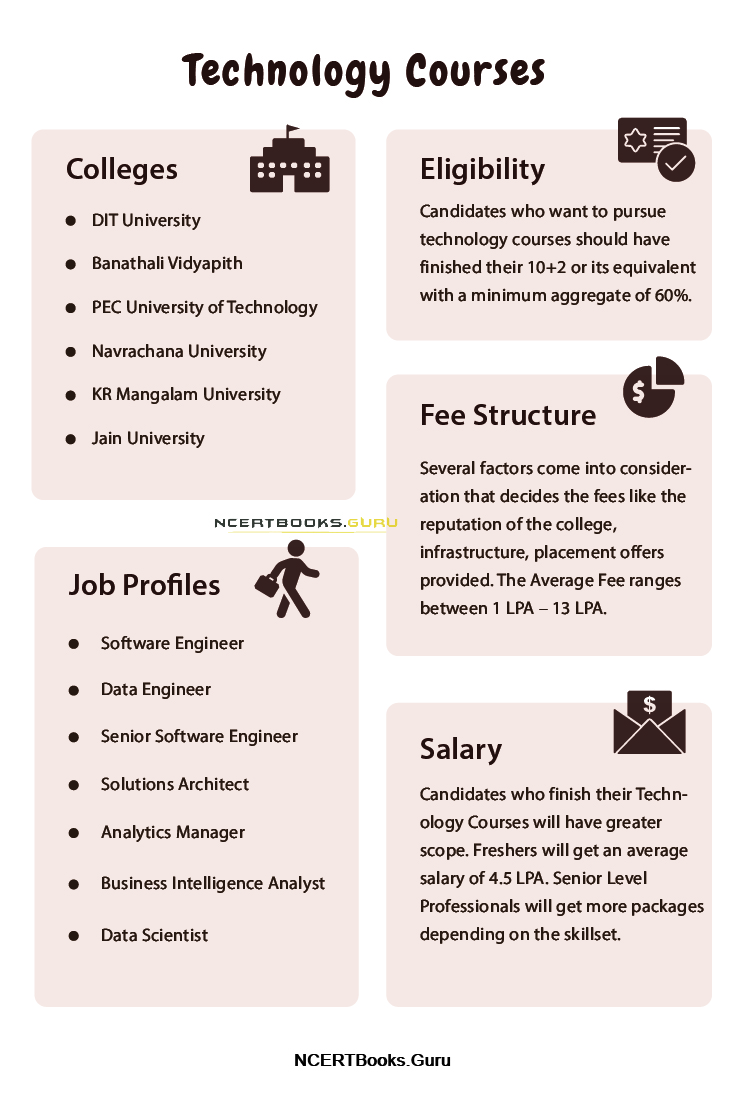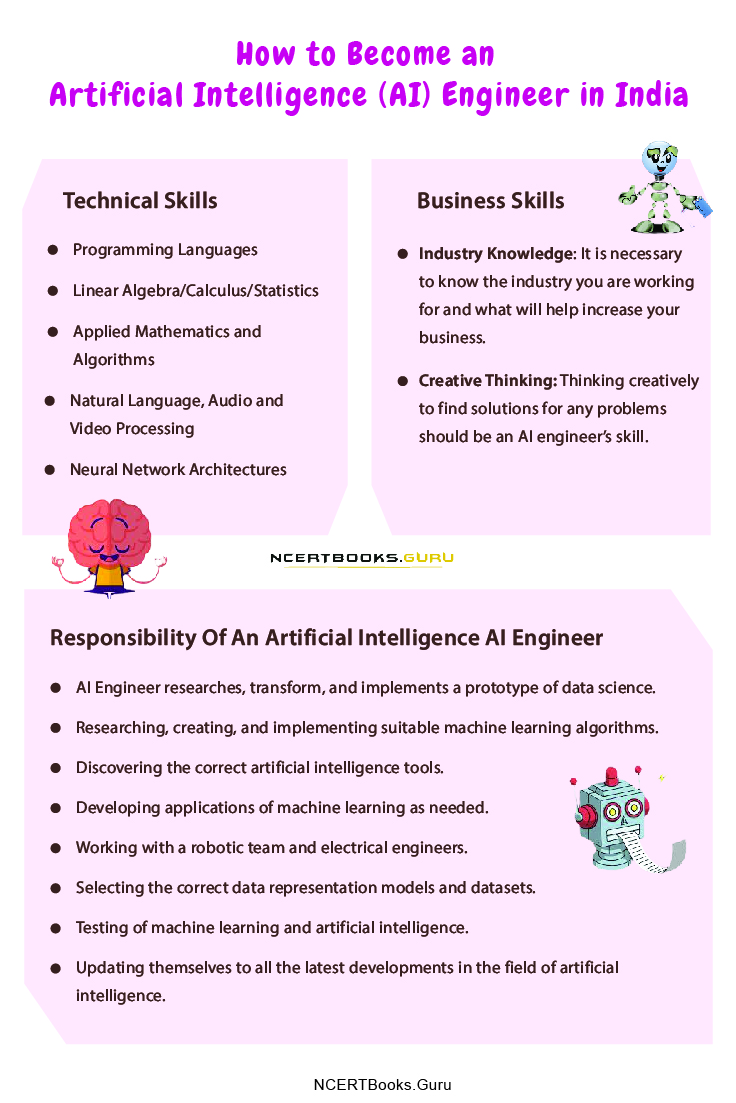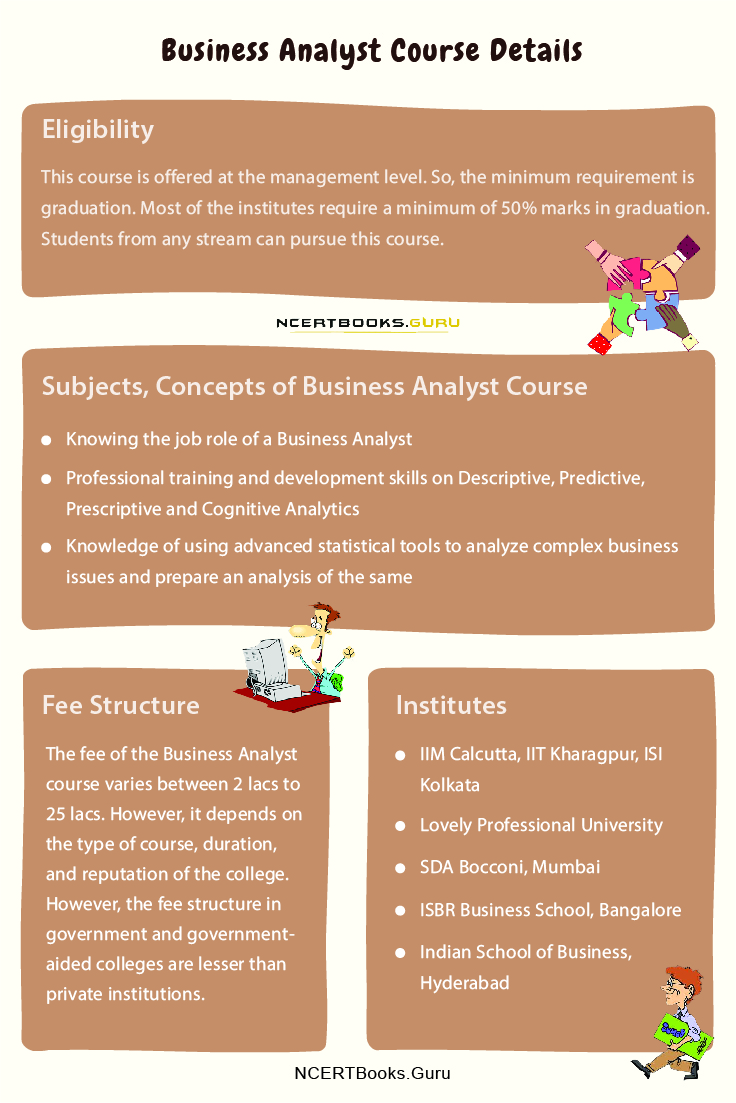2-Year Courses after 12th Science: Choosing the right career path after 12th is important and choosing it at the right time is even more important for the students. As there are superfluity options available for the students after 10+2 science. If you have chosen Biology or Math as the main subject then the range of opportunities varies.
After the completion of class 12th, the students go for the classical 3 or 4 years degree courses. But do you know that there are 2 years degree Easy Courses after 12th Science also available for the students who want to pursue a degree quickly?
- About 2 Year Courses after 12th Science
- List of High Salary 2 Year Courses after 12th Science Biology
- List of Best 2-Year Courses after 12th Non Medical
- 2-Year Degree Courses List after 12th Science
- Eligibility for 2 Year Degree Courses after 12th Science
- Top Colleges for Science Courses after 12th in India
- Career Scope after 2 year degree courses after 12th in India
- Job Profile in Two Year Degree Courses after Class 12 Science
- Top Recruiters for 2 Year Courses after 12th Science Students
- Salary After Two Year Courses after 12th Class Science
- FAQs on Highest Salary 2 Year Courses after Class 12 Science
About 2 Year Courses after 12th Science
Mainly the 2 years programs offer you a diploma, PG Diploma, or certificate courses. These courses focus on the respective skills of the students and make them master in the specific domain. In India, these courses are gaining attention and are offered by several colleges. They are more technical. You will get to know more about industry-related skills.
Thus, to know more about the 2 years courses after 12th science read the below article. You will get to know the various range of courses and get detailed information about 2 years courses.
List of High Salary 2 Year Courses after 12th Science Biology
The biology sector offers various career opportunities to the students, earlier the students found MBBS as the only option if they had Biology as the main subject in class 12th. But now there are several courses which are available in this domain. Some of these high ranking courses are:
- Diploma in Gynecology and Obstetrics
- Diploma in Dialysis Techniques
- Diploma in Nursing
- Diploma in Anesthesia
- Diploma in Ayurvedic Pharmacy
- Diploma in Naturopathy
- Diploma in Clinical Pathology
- Diploma in Health Inspector
- Dip. in Nutrition and Dietetics
- Diploma in Physiotherapy
- Diploma in Medical Lab Technology
- Diploma Food Technology
Do Refer:
- Paramedical Courses after 12th Science
- Unique Courses after 12th Science
- Medical Diploma Courses After 12th
List of Best 2-Year Courses after 12th Non Medical
Maths as an important subject offers unlimited career opportunities for the students. You can choose various courses for 2 years except the classical engineering from polytechnic after the completion of non-medical in class 12th.
- Diploma in Electrical Engineering
- Diploma in Aviation
- Dip.Cert. in Digital Marketing
- Diploma in Chemical Engineering
- Diploma in Civil Engineering
- Diploma in Mechanical Engineering
- Diploma Information Technology
2-Year Degree Courses List after 12th Science
Not only for the Diploma and certificate courses there are degree courses also available in which you can pursue a 2-year science course. These courses offer lucrative career opportunities for the students from both the job perspective and knowledge perspective.
The companies are eagerly waiting for the students who complete their education in these domains:
- Diploma in print media journalism and communication
- Diploma in Animation & Multimedia
- Diploma in X-ray technology
- Advanced Diploma in Fashion Design
- Diploma in Radiography
- Diploma in Elementry Education
- Diploma in operation theatre techniques
Also Check:
- Architecture Courses after 12th Science
- Professional Courses after 12th Science
- Merchant Navy Courses after 12th Science
Eligibility for 2 Year Degree Courses after 12th Science
To get admission in the 2-year courses you need to be very specific about your choice of course and the subject you have studied in class 12th.
Some courses may ask you to study biology as an important subject and some ask for maths. Here are some eligibility criteria which you need to follow are:
- Students must have cleared class 12th from a recognized board.
- Students must have secured at least 50% marks in class 12th science.
- The minimum age to get admission in 2-year science courses after 12th is 18 years.
- Some colleges admit students based on state-level and other aptitude entrance exams.
Top Colleges for Science Courses after 12th in India
The 2 Year Courses after 12th Science top colleges are available all over India. You can complete your degree from any of thereafter the completion of eligibility criteria.
You can find the list of courses here below:
- Thadomal Shahani Centre for Management
- Aligarh Muslim University
- SS Jain Subodh PG College
- Banaras Hindu University
- NIMS University
- Noida International University
- University of Lucknow
- University of Delhi
- MCC – Madras Christian College
- Loyola College
Career Scope after 2 year degree courses after 12th in India
When you complete the 2-year courses after the 12th, then you can easily get a job in the same domain in which you have studied. As these courses provide you with specialization so the companies hire you on an amazing package.
If you are not interested in working after then you can also look for further studying options. You can go for various other domains also such as defense, civil services, state services, and a lot more.
Job Profile in Two Year Degree Courses after Class 12 Science
Job profiles are available in various domains in the science sector. Students can go for their choice jobs offered by various companies. However, the main criteria for the selection of students for various jobs are their education.
If you have done specialization in a specific domain then you will be hired for the job position. You can be hired for these specific positions at healthcare firms and in companies.
- Gynecologist
- Nurse
- Assistant to Doctor
- Health Inspector
- Dietician
- Nutritionist
- Digital Marketer
- Electric Technician
- Air Traffic Controller
- Civil Engineering Technician
- Architectural Technician
- Network Technician
Top Recruiters for 2 Year Courses after 12th Science Students
Various high-profile firms hire science students from all categories. Some of these firms are described here:
- Biocon
- National Immunologicals LTD.
- Serum Institute of India
- panacea biotech
- Dr. Reddy’s Lab ltd.
- Wockhardt
- GSK pharma Ltd.
- Bharat serum
- Larsen & Turbo
Salary After Two Year Courses after 12th Class Science
The 2-year degree program offers a lucrative salary in India as well as Abroad. You can be hired for an amazing job profile where in return the lucrative perks and allowances are provided to the employees. The average salary is around Rs 2 lakhs to Rs 6 lakhs per annum.
Must See:
FAQs on Highest Salary 2 Year Courses after Class 12 Science
1. What are the best 2 Year Courses after 12th Science?
There are several courses available to the students which they can complete in just 2 years. However, some of the high salaries courses are Diploma in Clinical Pathology, Dialysis Techniques, Electrical Engineering, Gynecology and Obstetrics, Health Inspector, Nursing, Agriculture, and more.
2. What are the benefits of 2-year courses after 12th class science?
These 2-year courses are relatively cheaper. Also, they can be completed quickly so can start earning just after the completion of them, even after these courses you can go for the lateral entry into the degree programs. Thus, with all these benefits 2-year courses are gaining attention.
3. Which is the high salary 2 Year Courses after 12th Science?
The high salaried 2 Year Course after 12th Science is Radiation Therapy. You can easily earn an average salary of around Rs 3.5 lakhs per annum. With further experience and knowledge, it can go up to 5 Lakh per annum.
4. What is the average cost of studying 2-year program?
You can easily complete these courses at affordable fees. On average it has been observed that the degree can be completed in Rs 10,000 to Rs 1,00,000 approx.
Conclusion
We hope that this article has been very helpful for you related to the 2-year degree courses. If you rea planning to get admission into the best colleges then Ncertbooks.guru is always there to help you. You can ping your doubts in the comments section provided here. ASAP our research team will give possible solutions and assist you with every bit of information related to course details.
